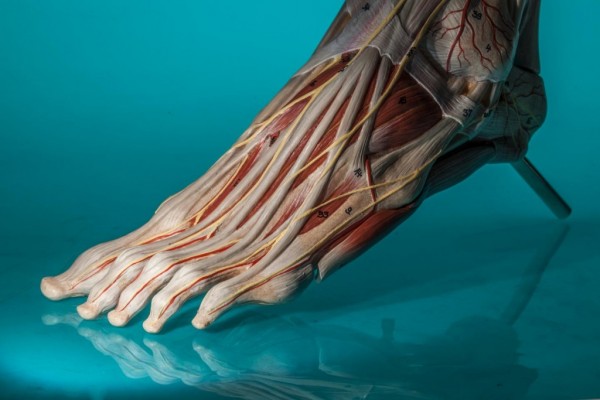Researchers from Yale and other universities presented new data on obesity in a symposium titled "Bias, Stigma, Discrimination and Obesity," at the North American Association for the Study of Obesity (NAASO) meeting October 8 in Quebec, Canada.
"The scientific data presented at this symposium show conclusively that overweight people are portrayed in a very negative way on popular television; are stigmatized in a variety of settings, such as education, employment and health care; and are subject to bias even from physicians whose primary focus is the treatment of obesity," said the meeting moderator/chair, Kelly Brownell, professor of psychology and epidemiology at Yale University. "People who are victims of bias, discrimination and teasing suffer both emotionally and physically."
Researchers will present study results during oral presentations at the meeting. The study data presented will be taken from three research studies. In the first study, authors Rebecca Puhl and Kelly Brownell of Yale looked at "Bias, Discrimination and Obesity." They found that clear, consistent stigmatization, and in some cases discrimination, can be documented in three important areas of living: employment, education and healthcare. The findings of one study show that 28 percent of teachers said that becoming obese is the worst thing that can happen to a person; 24 percent of nurses said they are "repulsed" by obese persons; and controlling for income and grades, parents provide less college support for their overweight than their thin children.
The study also suggests that discrimination may have implications in adoption proceedings, jury selection, housing and other areas. "Given the vast numbers of people potentially affected, it is important to consider the research, educational and social policy implications of these findings," said Brownell.
A second study by Brownell and Bethany Teachman looks at whether negative attitudes and beliefs exist among health professionals who specialize in obesity treatment. In "Implicit Associations Toward Obese People Among Treatment Specialists: Is Anyone Immune?" The authors found that health professionals who treat obesity were just as likely as members of the general population to have strong negative associations toward obese people. But the authors said there appears to be a buffering factor that might be related to their experience in caring for obese patients, which reduces the bias.
Continue Reading Below ↓↓↓
A third study by Bradley Greenberg, professor of communication and telecommunication at Michigan State University, looked at "How Commercial Television Portrays Obesity and other Body Types." Greenberg found that overweight and obese characters are largely absent from prime time television, and portrayals of these body types are associated with specific negative characteristics. He further found that fewer overweight and obese females engaged in interactions with romantic partners and fewer displayed physical affection; however, they were more likely to be the object of humor. Compared with normal and underweight male characters, fewer overweight and obese males engaged in interactions with romantic partners and friends and they were more likely to be ridiculed and shown eating.
"The next step is to reduce bias aimed at the millions of people who struggle with their weight," said Brownell.
The NAASO symposium was organized by the Rudd Institute, whose mission is to document, understand and ameliorate the stigma, bias and discrimination associated with obesity.
Source: Yale University










